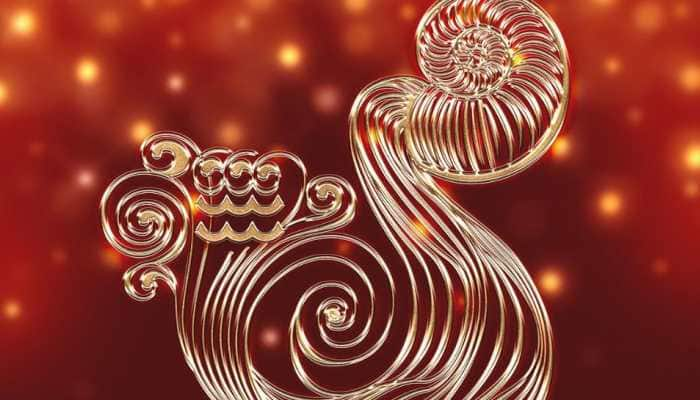Shafey Danish
Aung San Suu Kyi has become, through her courageous struggle against the oppressive military regime in Myanmar, a successor to the mantle of the likes of Gandhi and Mandela.
Myanmar in Turmoil: In-depth»
She has been waging her struggle in a manner which has few takers today, through non-violence. Yet, if the current turmoil in Myanmar is any indication, she might well succeed in reiterating that victory need not always depend on force, as the cynicism of our present age leads us to believe.
| |
 |
| |
|
Aung San Suu Kyi was born on 19 June 1945. Her father Aung San, was a celebrated leader of the Burmese independence struggle, and played as crucial a role in its eventual independence.
He was assassinated in 1947 by his political rivals, leaving Aung San in the care of her mother, Khin Kyi.
In 1960 when her mother came to India as a Buremese Ambassador, she came along with her and did her graduation from Lady Shri Ram College, New Delhi.
She went on to take another BA in Philosophy, Politics, and Economics from St Hugh`s College, Oxford, in 1969.
She got a doctorate from the School of Oriental and African Studies, University of London in 1985.
After completing her studies, she started working for the government of the Union of Myanmar. In 1972 she married a Britisher Dr Michael Aris, a scholar of Tibetan culture, who was living abroad in Bhutan. She has two sons Alexander and Kim.
Suu Kyi entered into politics somewhat accidentally. She came to Myanmar in 1988 to take care of her ailing mother. The same year the long time leader of the Socialist Ruling Party General Ne Win stepped down, leading to mass protest for democratisation. A new military Junta took power and violently suppressed the protests. Suu Kyi took upon herself the task of bringing democracy to her country. She founded the National League for Democracy on 27 September 1988.
Seven months later on the 20th of July 1989, she was put under house arrest. She was offered freedom if she agreed to leave the country, but she refused. From then on, barring some intervening periods of freedom, she has been under house arrest.
In 1990 general elections were held with the ostensible purpose of bringing in democratisation. The elections were won by the National League for Democracy (NLD) handsomely. Aung San Suu Kyi, as the leader of the party, should have become the prime minister of the country, but instead the military government nullified the elections and refused to hand over the reigns of the government.
Aung San Suu Kyi was awarded the Sakharov Prize for Freedom of Thought in 1990. A year later she was awarded the Noble Prize.
She was released from prison in 1995, with the threat that if she left the country she would not be allowed to return. In 1997 her husband Michael Aris was diagnosed with prostrate cancer, but he was refused an entry visa. Suu Kyi, who had elected to stay in the country rather than go out and not be allowed to return, never saw her husband again. Michael Aris died in March 1999.
Aung San has also been separated from her two children, who live in the UK.
She was released in 2002 under a deal negotiated by the UN. But was again put under house arrest in 2003.
Since then the military has kept her under house arrest without trial, which it can do for five years under its laws.
2007 is the fifth year of her incarceration.Since then she has been prevented from meeting her supporters, journalist, and international visitors. The brief opportunity was given but again taken away








)
)
)
)
)
)
)
)
)
)
